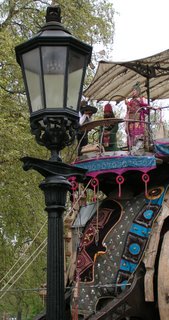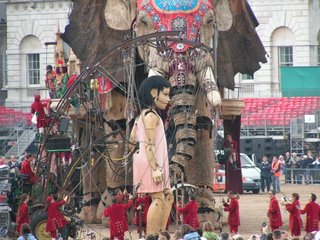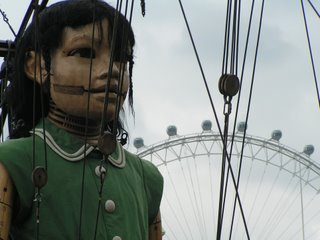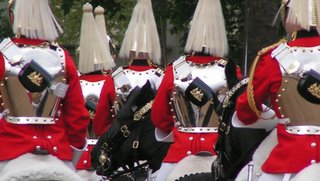A welcome:

A sentimental journey:

A reunion:

A lovely wedding:

A delightful trip to Gascony:

:
some medical attention; with many thanks to all who rallied round:

and a sad farewell:

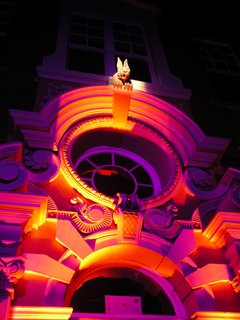

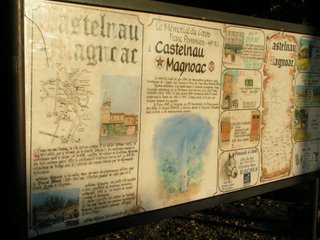
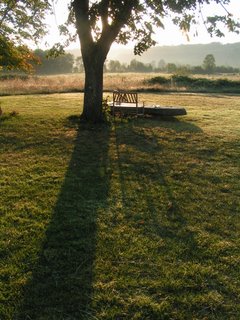


This part of Gascony has many roadside memorials to local Resistance fighters, and Castlenau Magnoac is home to a national memorial which pays homage to the irregular fighting force, made up of members of the Resistance and known as the Pommies who were organized by, and named after, General Andre Pommies who was also a member of the Maquis. 511 members of the Pommies died in the fight against Nazi Germany between D-Day and the Armistice.
There is also a small Pommies museum in the village next to the bar/cafe Le Memory (see photo below; click to enlarge).. 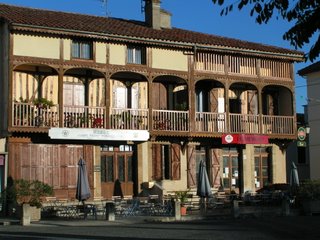
* from the Lambton Worm


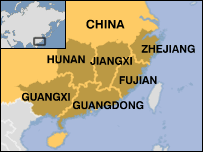



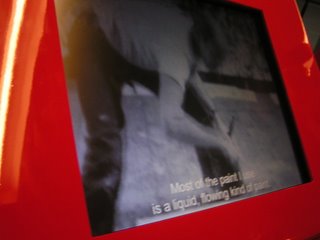
and some wooden stuff in juxtaposition: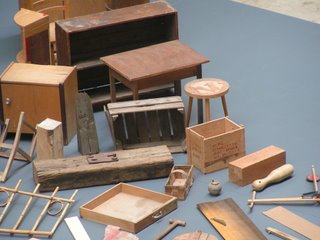
and a visitor in the Turbine Hall:


